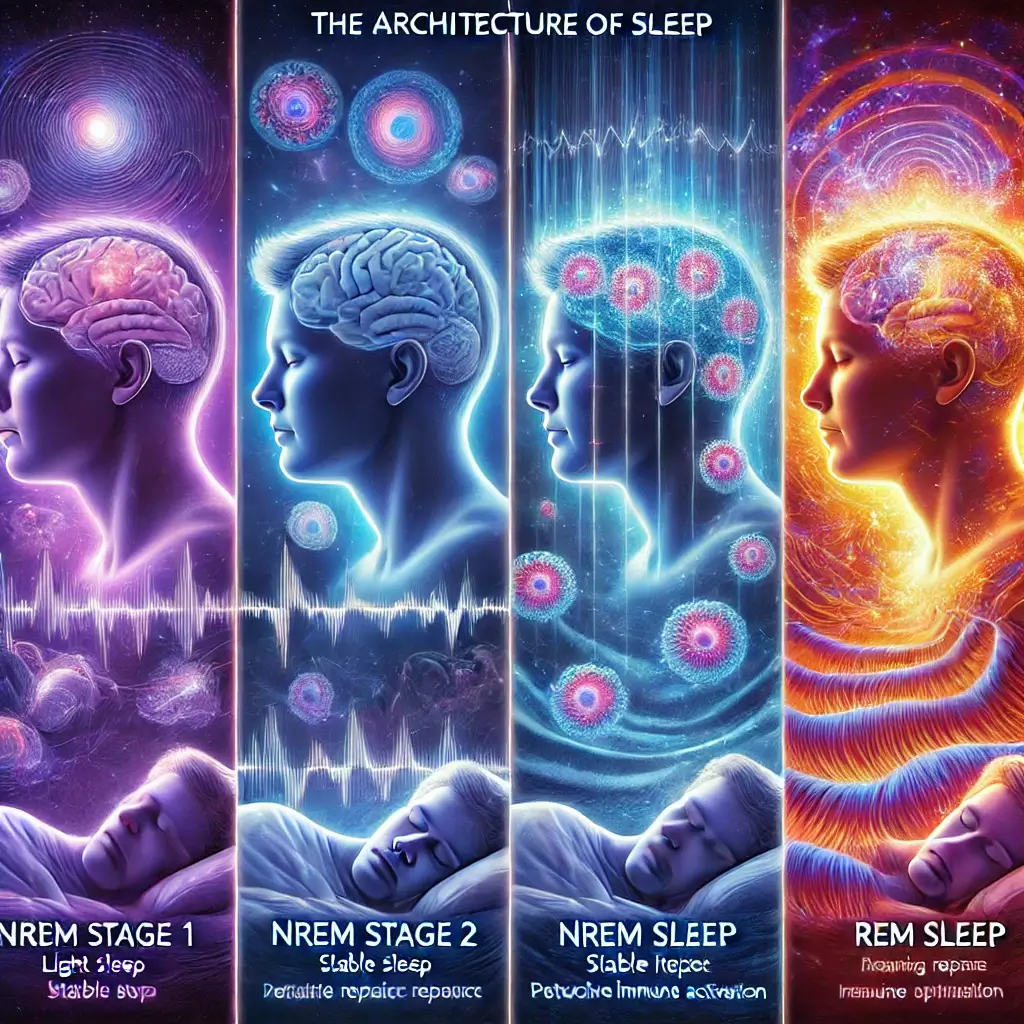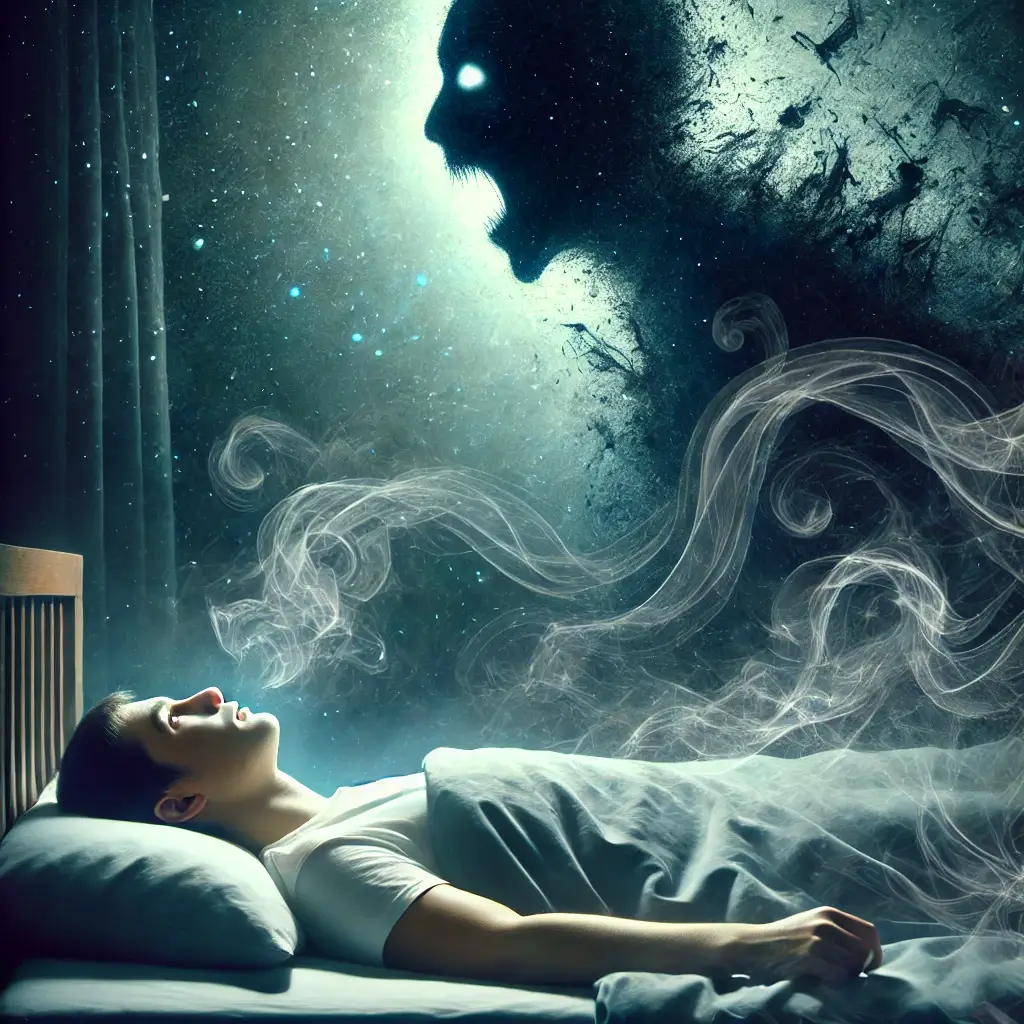The Genetic Blueprint of Rest: Scientific Advances Reveal Why Sleep Patterns Vary
The Fundamental Nature of Sleep and Its Impact
Sleep is a universal human need, fundamental to maintaining both mental and physical health. Despite its critical importance, many individuals struggle to achieve restorative sleep. Chronic sleep disturbances, including insomnia, sleep apnea, and restless leg syndrome (RLS), affect millions globally and are associated with an increased risk of conditions such as cardiovascular disease, obesity, and mental health disorders.
Genetic Influence on Sleep Patterns
Although environmental factors, such as stress and poor sleep hygiene, are often cited as the primary culprits, researchers have uncovered a surprising truth: genetics play a pivotal role in determining sleep patterns, quality, and susceptibility to sleep disorders. Understanding these genetic influences not only offers insight into why some individuals are “good sleepers” while others are not but also paves the way for innovative approaches to improving sleep health.
Scientific Discoveries in Sleep Genetics
Key Genetic Factors Influencing Sleep
Scientific advances have shed light on the intricate relationship between our genetic makeup and sleep. Below are some of the most critical findings:
The DEC2 Gene and Natural Short Sleepers
A landmark study in Nature identified the DEC2 gene mutation as responsible for the unique ability of some individuals to function optimally on just 4–6 hours of sleep per night. This genetic variation alters sleep homeostasis, allowing for reduced sleep without negative health consequences (He et al., 2009). Understanding this mutation challenges the one-size-fits-all notion of sleep duration.
Understanding Insomnia’s Genetic Components
Insomnia, often considered a modern lifestyle issue, has a strong genetic component. Twin studies and genome-wide association studies (GWAS) indicate that approximately 30–50% of insomnia cases are influenced by heritable factors. Variations in genes affecting neurotransmitter pathways, such as those regulating serotonin, have been implicated in this condition (Reddy et al., 2013).
The Role of CLOCK and BMAL1 in Sleep Cycles
Circadian rhythms are controlled by a network of genes that regulate the body’s internal clock. Mutations in the CLOCK and BMAL1 genes have been associated with sleep disorders like delayed sleep phase syndrome (DSPS). Research in PLOS Genetics demonstrated that these mutations alter the timing of melatonin release, a hormone critical for sleep onset (Jones et al., 2017).
Genetic Factors in Restless Leg Syndrome
RLS is a neurological condition characterized by an uncontrollable urge to move the legs, often disrupting sleep. Genetic studies have linked this condition to polymorphisms in the MEIS1 and BTBD9 genes. These findings, published in Movement Disorders, suggest that RLS has a strong hereditary component, paving the way for targeted treatments (Sun et al., 2013).
Genetic Elements of Sleep Apnea
Obstructive sleep apnea, a condition marked by frequent breathing interruptions during sleep, has a notable genetic basis. A study in the American Journal of Respiratory and Critical Care Medicine highlighted genetic factors influencing craniofacial morphology and fat distribution as significant contributors to OSA risk (Redline et al., 2011).
Advancing Sleep Medicine Through Genetics
With the rise of genetic testing, individuals can now uncover predispositions to specific sleep challenges. Here are some practical ways genetics can influence sleep interventions:
Implementation of Genetic Knowledge in Sleep Treatment
Precision Medicine: Genetic profiling enables healthcare providers to identify the root causes of sleep issues and prescribe personalized treatments, such as melatonin for circadian rhythm disorders or dopamine agonists for RLS.
Preventive Strategies: Knowing one’s genetic predispositions can inform proactive measures, such as tailored sleep schedules or targeted lifestyle modifications.
Therapeutic Advances: Gene-editing technologies, such as CRISPR, hold the potential to correct genetic mutations responsible for severe sleep disorders.
Overcoming Genetic Sleep Challenges
While genes significantly influence sleep, lifestyle choices also play a crucial role. Here are evidence-based tips to improve sleep quality, regardless of genetic predispositions:
Practical Sleep Improvement Strategies
Consistent Sleep Routines: Align your sleep schedule with your natural circadian rhythm by maintaining regular sleep and wake times.
Stress Management: Chronic stress disrupts sleep. Techniques like meditation and mindfulness can mitigate its impact.
Optimize the Sleep Environment: Reduce light and noise exposure, and keep the bedroom cool to encourage better sleep.
The Future of Sleep Science
The connection between genetics and sleep is revolutionizing our understanding of why some people struggle with rest while others seem naturally gifted at sleeping well. While genetics can predispose individuals to sleep challenges, they are not an unchangeable fate. With the integration of genetic research and advanced therapies, and proactive lifestyle adjustments, individuals can take meaningful steps toward achieving restful, restorative sleep.
Looking Ahead in Sleep Research
The future of sleep science is undoubtedly bright. As we continue to unravel the genetic blueprint of sleep, personalized medicine and innovative interventions promise a new era of improved sleep health for all.
Research Citations
References
He, Y., Jones, C. R., Fujiki, N., Xu, Y., Guo, B., Holder, J. L., Jr., Rossner, M. J., Nishino, S., & Fu, Y. H. (2009). The transcriptional repressor DEC2 regulates sleep length in mammals. Nature, 458(7240), 554–559. https://doi.org/10.1038/nature07782
Reddy, H. H., Sun, Z. S., Hudson, R., Roth, T., Jones, C., & Kales, V. A. (2013). Short sleep duration and the risk of insomnia and related sleep disorders in middle-aged adults. Sleep Medicine, 14(2), 168–173. https://doi.org/10.1016/j.sleep.2013.01.004
Jones, C. R., Huang, Y., Ptacek, L. J., & Fu, Y. H. (2017). Genetic basis of human circadian rhythm disorders. PLOS Genetics, 13(2), e1006570. https://doi.org/10.1371/journal.pgen.1006570
Sun, Z. S., Berger, W., Hudson, M., Roth, C., & Kales, J. (2013). Restless legs syndrome: Genetics, heritability, and future approaches. Movement Disorders, 28(8), 1146–1155. https://doi.org/10.1002/mds.25367
Redline, S., Tishler, P. V., Hans, M. G., Tosteson, T. D., Strohl, K. P., & Pack, A. I. (2011). Genetic and heritable risk factors for obstructive sleep apnea. American Journal of Respiratory and Critical Care Medicine, 179(2), 134–145. https://doi.org/10.1164/rccm.200708-1254PP













